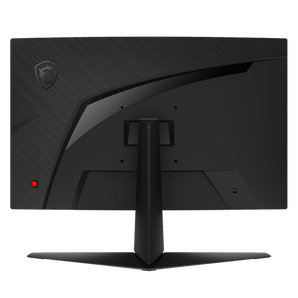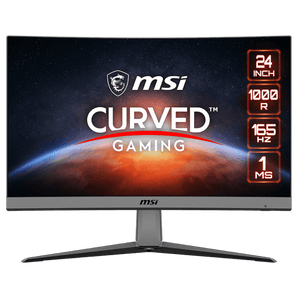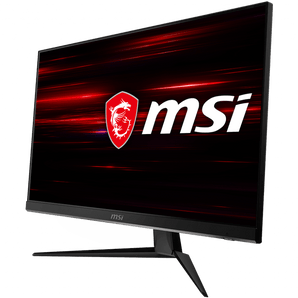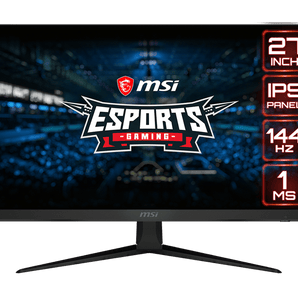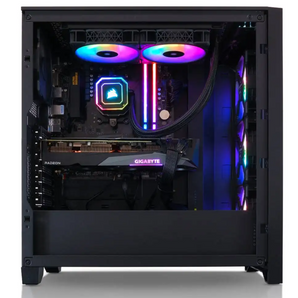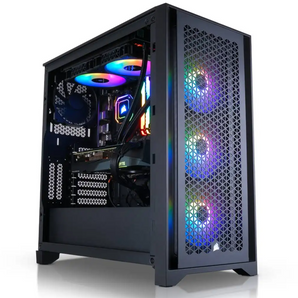AMD Zen 4 Ryzen 7000 vs Intel Raptor Lake, How do they compare?
AMD and Intel are hard at work focusing on a new generation of processors for enthusiasts and gamers alike. There are quite a lot of interesting options and features offered on both sides, but which is the better option out of the two? Which processor should you go for? Let’s find out!
Design/node
Intel is going with the Intel 7 monolithic die for this one. On the other hand, the AMD Zen 4 Ryzen 7000 has a TSMC 5 nm compute die, and a 6 nm I/O Die. Both of them are great, but the AMD Zen 4 Ryzen 7000 clearly manages to stand out here, although the overall performance is not heavily accessed in a situation like this.

Number of cores/threads
When it comes to Intel, we can expect up to 8P + 16E, 24 cores/32 threads. AMD’s Ryzen 7000 goes with up to 16 cores and 32 threads. Again, the difference is not significant, as you can see Intel’s Raptor Lake will end up bringing in more cores. However, there’s no clear understanding how much will that affect the overall performance. There might be some slight improvements, but nothing major that we will notice from afar, which is something to keep in mind.
Peak Clocks
A similar thing appears when we talk about peak clocks. In this case, Intel Raptor Lake will have 5.8 Ghz, and it’s rumored they might go to 6.0. On the other hand, AMD Zen 4 Ryzen 7000 will have 5.5+ Ghz, with the exact upper limit not being stated at this particular time. The peak clocks are very close to each other, so we don’t expect a massive difference in performance.Intel does have the upper hand when it comes to peak clocks, but how does that affect your work or gaming? While it might add a few frames in games, you won’t really feel a huge difference. The two processors seem to be very similar when it comes to the overall performance, and you shouldn’t experience any delays or issues.
TDP / PBP / MTP
Here the values are not extremely different either. Intel comes with 125W / 241W. On the AMD side of things, we see 170W / 230W. It’s what most people were expecting and there aren’t any significant differences to focus on.
Memory
What’s interesting when it comes to memory is that AMD’s Ryzen 7000 doesn’t have support for DDR4. So if you go with this chipset, you will need to upgrade to DDR5. Intel still maintains DDR4 support, DDR4-3200 is available, and you also have DDR5-5200 (5600) support. In this situation, Intel has the upper hand because it still offers support for the older memory type, whereas AMD decided it’s time to move on and only support DDR5. That also means AMD might actually be the better option if you want to focus on productivity and memory-heavy tasks, since it’s not overburdened with any old memory support.
Also, when it comes to PCIe, Intel has PCIe 5.0 x16, PCIe 4.0 x4 (SSD), whereas AMD just offers PCIe 5.0 - 24 Lanes. Again, no massive difference, but AMD is clearly focused on using more of the newer technologies and thus they offer support for the newer stuff, while Intel still maintains support for the older solutions too. It’s not a dealbreaker if you go either way, since both of them offer some great results!
Pricing
Official prices are still not available, but recently AMD had a $50 price hike for the Ryzen 5000 series, which might indicate a higher price than usual for the 7000 series too. If that happens, Ryzen’s advantage in front of Raptor Lake will be less major than usual. But we will have to wait and see until any official prices arise. Until then, AMD does take the crown when it comes to performance here, but prices will definitely state whether we are getting a good value for money or not from these.
Is AMD the way to go or should you choose Intel?
There are many different things to like about AMD’s Ryzen 7000 series. The first thing to enjoy here is the fact that yes, it does offer more memory bandwidth and also improved connectivity. On top of that, having PCIe 5.0 and DDR5 support will help ensure AMD is still up to par with the Intel offering, and it might even surpass it in some tests.
Additionally, the chipsets are changing, which means upgrades can be a bit costly. So it will come down to how much performance boost you are actively getting from these new chipsets. For a lot of people, this will be the first major update since the Ryzen platform was introduced. So yes, an upgrade might be necessary, but it certainly adds some compelling and rather distinctive features for everyone.
How much performance will you get with the AMD’s Ryzen 7000 series?
According to AMD, the new Zen 4 Ryzen platform will bring in around 15% single threated performance boost when compared to Zen 3. On top of that, there will be a 35% better performance, quite the increase from the previous platform. It seems that multi-threaded workloads in general will see the most performance increase, which is great.
But AMD also worked on other things. The power efficiency of this new platform is up 25%, quite the increase from the previous version. It’s clear that AMD targets better efficiency and value from their new platform. However, the IPC gains are small, up to 10% at most. AMD does focus on boosting the clock speeds, so as we said there will be up to 5.5 Ghz, way higher than what the previous Zen 3 chipset was able to do.
This new architecture will also be the first one that has the AVX-512 support added into it. They are also offering RDNA2 integrated graphics by default, which is very interesting to keep in mind. What’s important to keep in mind is that the previous Ryzen chips had separated APUs and CPUs, and that was quite the limitation. Zen 4 removes that and it levels the playing field while offering a much better value and experience.
Should you go with Raptor Lake or AMD’s Ryzen 7000?
Both of them are a great option, it all comes down to what you need. Pricing is definitely going to play a major role when it comes to this decision. Both platforms might come with a computer upgrade, so there are additional costs to take into account. The fact that you need to buy DDR5 memory for example because that’s all what AMD’s Ryzen 7000 supports is definitely going to increase the costs of this upgrade.
However, the new AMD’s Ryzen 7000 system has a significant performance boost that you will see in memory and CPU intensive apps as well as games. Clearly this is a solution for enthusiasts, and it definitely delivers on its promise. Which is why it’s a great idea to go with AMD’s Ryzen 7000, since it’s set to deliver the better value for money. We are still waiting to see what Raptor Lake will bring this fall in regards to performance, but Intel was adamant their new platform is offering great performance, so it’s definitely a good time to be a computer enthusiast. Both companies focus on bringing in excellent value and performance, which is great for consumers!
Antony ONeill
Custom PCs Australia




